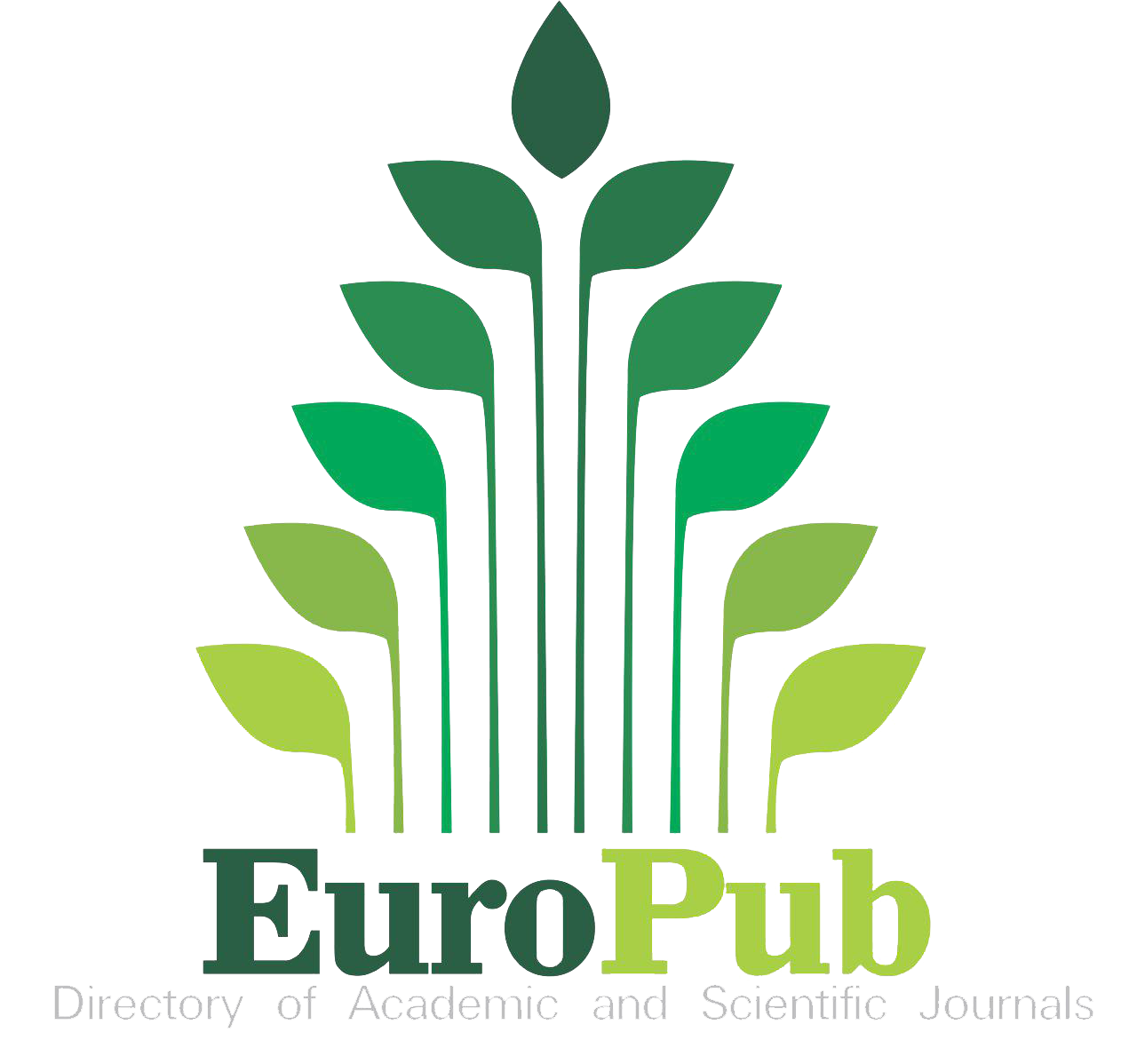IN VITRO INHIBITION OF HELICOBACTER PYLORI GROWTH BY USING LACTIC ACID BACTERIA AS PROBIOTIC IN THE THERAPY: A REVIEW
DOI:
https://doi.org/10.69557/ujrra.v1i2.26Abstract
Clinical examinations demonstrated that many probiotic strains (Lactic Acid Bacteria (LAB)) can inhibit Helicobacter pylori infection so that when patients were treated with probiotics, Helicobacter pylori were diminished. So probiotics used as helpful in the treating of Helicobacter pylori infection. Various studies support the hypothesis that probiotics inhibit Helicobacter pylori growth owing to the production of short-chain fatty acids (SCFAs) and/or bacteriocins. These studies have been carried out mostly in vitro. High lactic acid-producer strains of Lactobacillus were shown to decrease Helicobacter pylori density in the stomach. The release of bacteriocins active against Helicobacterpylori has been studied chiefly in Lactobacillus. The supernatant of a culture of Lactobacillus acidophilus was shown to inhibit both the urease activity and growth of Helicobacter pylori free or adherent to epithelial cells. The properties of LAB, decreasing the luminal pH through the creation of unpredictable short chain unsaturated fats (SCFA) like acidic, lactic or propionic corrosive. Rendering particular supplements inaccessible to pathogens, decreasing the redox capability of the luminal condition, producing hydrogen peroxide under anaerobic conditions and/or creating particular inhibitory mixes like bacteriocins.
Downloads
Published
How to Cite
Issue
Section
License
Copyright (c) 2022 Ghydaa H. Aljeboury

This work is licensed under a Creative Commons Attribution 4.0 International License.
This is an Open Access article distributed under the terms of the Attribution 4.0 International License [CC BY 4.0], which allows reusers to distribute, remix, adapt, and build upon the material in any medium or format, so long as attribution is given to the creator.





